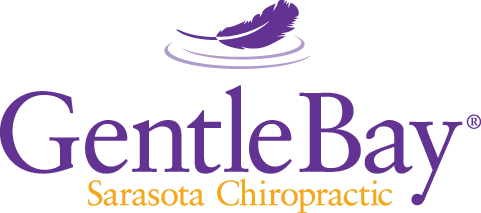by Dr. Eric Winder (as published in the May 2018 digital issue of Natural Awakenings, Sarasota/Manatee/Charlotte edition)
Brain fog, dizziness, inability to concentrate, short-term memory loss, headaches, fatigue, irritability or shoulder tension—these are just some of the problems that can persist after a concussion, sometimes even for months or years after the injury. For many people, these symptoms can be relieved by gentle and non-invasive therapies.
In this country alone, over three million people suffer from concussions each year. These injuries are diagnosed by symptoms, mainly because concussion is not visible on an MRI or CT scan. This lack of test findings means that when symptoms from a mild brain injury last beyond the normal recovery time, the reason is usually unknown. But the success of hands-on fascial therapies in improving or eliminating long-lasting symptoms of head injury points to changes in fascia as a possible source of these problems. 
An Unfortunate Slip
A patient, whom I’ll call Mary, came to my office complaining of migraines which began after a head injury that happened several years ago. She had slipped on a wet spot in a store and been knocked unconscious when her head collided with a shelf. The impact resulted in debilitating migraines, and she also developed a severe problem with short-term memory which made it difficult to function in her job.
On examination at my office, Mary showed a subtle stiffening around parts of her skull, neck and upper-mid back. Sudden impact to the body caused a stiffening of her fascia (fibrous connective tissue) which then remained there indefinitely, likely causing her debilitating symptoms. I recommended a trial course of gentle fascia therapy to determine if we could relieve her migraines. She agreed and received treatment aimed at relieving the connective tissue restriction.
Improving Position Sense
Mary is one of many patients I have seen respond well to fascial therapies for chronic head injury-related problems. Her treatment included low-level laser therapy and home exercises, and her response was wonderful. She no longer experiences migraines, and her short-term memory improved so much that she was easily able to pass a licensing test after having failed practice exams before starting her treatment.
The reason fascial stiffening can contribute to head injury symptoms may be due to glitches in proprioception, or position sense. Most of the nerve endings for this sense are embedded in fascia, and the stiffening that can occur from head impact might cause subtle confusion in the body’s position sense, leading to abnormal muscle tension, nerve irritation, dizziness and other symptoms.
One effective method of alleviating chronic issues from a head injury is to treat restrictions in the fascia. Restoring proper mobility to the fascia can make a big difference in the headaches, brain fog, neck pain and other problems that mild head injury can cause. If you or a loved one suffer from lasting, unresolved symptoms after a head injury, I recommend an evaluation by a practitioner experienced in using fascial therapy to treat persistent concussion symptoms.



